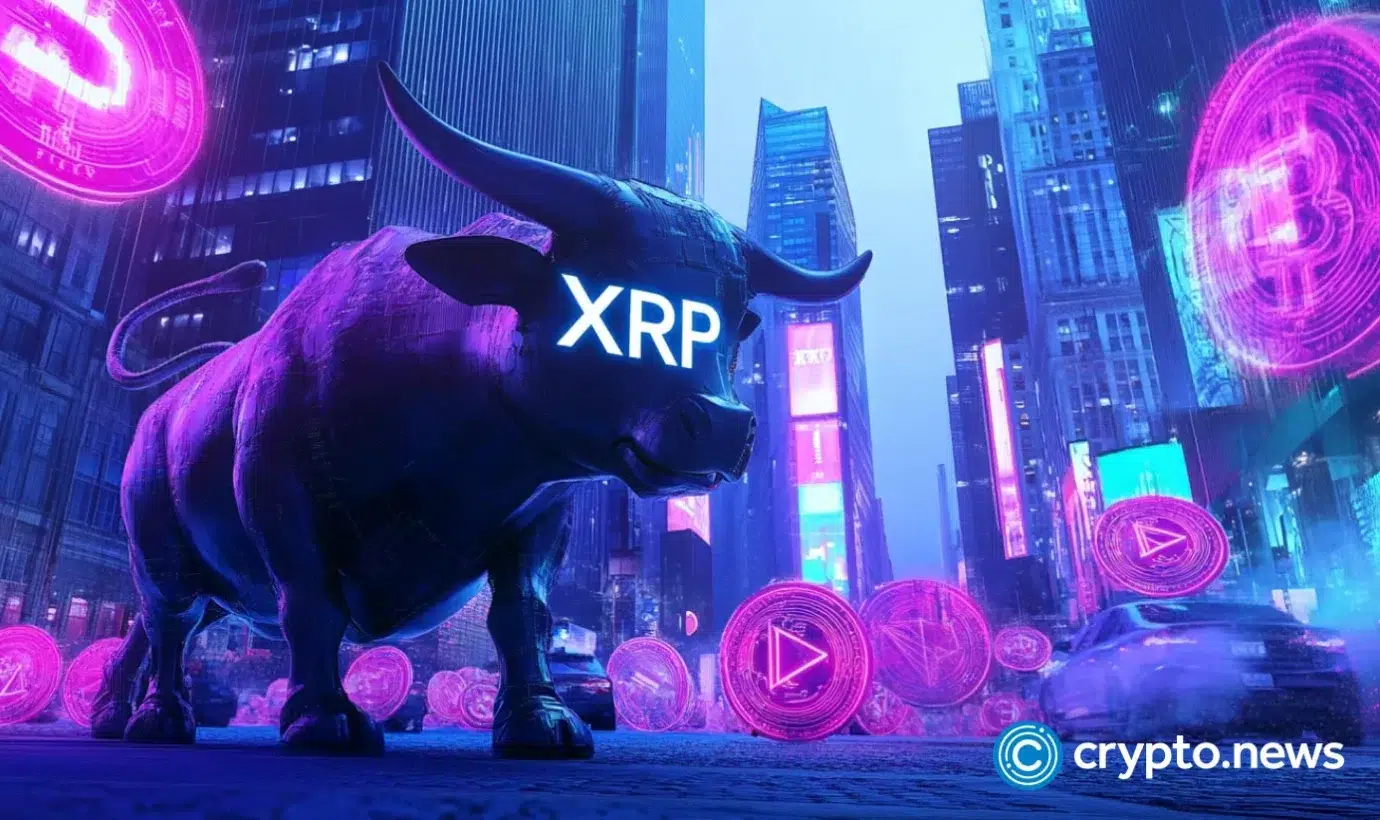- Deblock raised €30M to expand its European operations, focusing on Germany.
- The funding round was led by Speedinvest with key industry participation.
- This positions Deblock as a prominent player in on-chain banking in Europe.
French fintech Deblock completed a €30 million Series A funding round to expand into Europe, focusing on Germany, led by Speedinvest and involving major investors.
This funding strengthens Deblock’s position in crypto banking, emphasizing full on-chain solutions, potentially impacting European fintech dynamics.
Deblock Targets German Market with €30M Investment
Deblock, a French crypto-banking fintech, completed a €30 million Series A funding round on November 19, 2025, to expand its services in Europe, with Germany as its next target market. The significant capital infusion helps Deblock enhance its presence in the European financial technology landscape, offering the first fully on-chain banking solution in the region.
According to CoinMarketCap, Ethereum (ETH) is priced at $3,063.47 with a market cap nearing $369.75 billion, accounting for an 11.84% market dominance. Its trading volume decreased by 32.63% over 24 hours, reflecting a market volatility trend, with an overall 30-day price decline of 24.14%.
Experts from Coincu suggest Deblock’s movement might influence future fintech developments across Europe, potentially prompting regulatory frameworks to adapt to new banking technologies. This blend of innovation and financial services could stimulate broader adoption among digital and traditional investors alike.
Fintech Innovations in Europe Following Deblock’s Funding
Did you know? Deblock’s integration of regulated Euro accounts and self-custodied wallets sets it apart, uniquely bridging traditional finance and blockchain technology in Europe, reminiscent of Revolut’s fintech innovations.
According to CoinMarketCap, Ethereum (ETH) is priced at $3,063.47 with a market cap nearing $369.75 billion, accounting for an 11.84% market dominance.
Ethereum(ETH), daily chart, screenshot on CoinMarketCap at 09:19 UTC on November 19, 2025. Source: CoinMarketCapExperts from Coincu suggest Deblock’s movement might influence future fintech developments across Europe, potentially prompting regulatory frameworks to adapt to new banking technologies.
| DISCLAIMER: The information on this website is provided as general market commentary and does not constitute investment advice. We encourage you to do your own research before investing. |
Source: https://coincu.com/news/deblock-europe-expansion-crypto/


